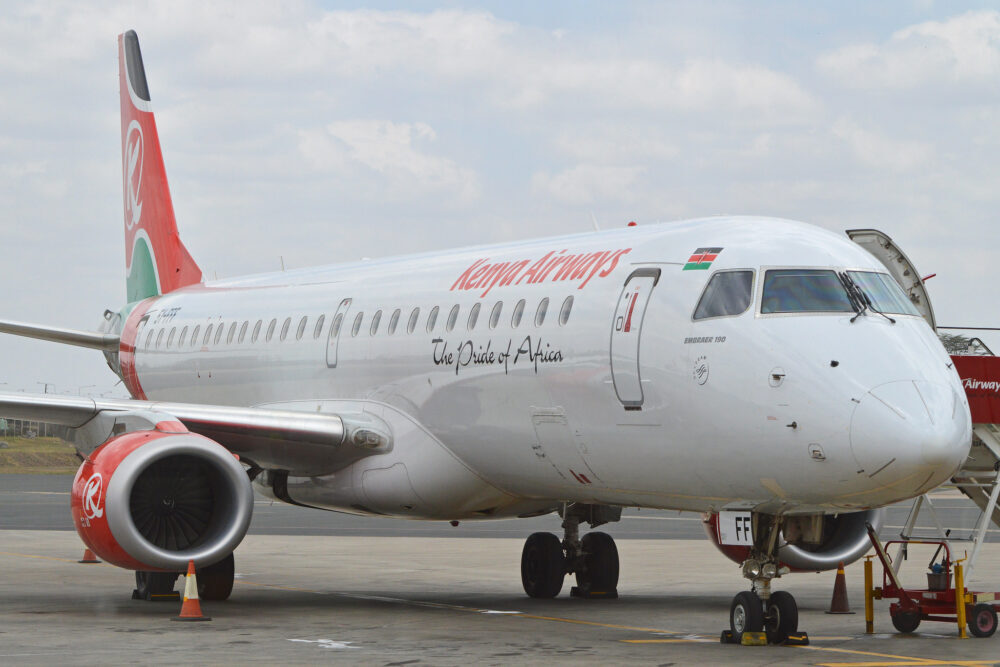Alexander van Deudekom, CEO and founder of Get-e, discusses the importance of embracing digital transformation, ahead of an anticipated travel revival in late 2021 and beyond
Since January 2020, regional carriers saw their scheduled capacity slump 57%, according to the latest data from OAG.
Now, as bookings surge amidst renewed hope of a return to travel in late 2021, airlines all over the world will be preparing to support the wave of eager travellers going on their long-awaited holidays and business trips.
However, it will be those carriers that have used this downtime to streamline and improve every aspect of their operation, which will be best placed to not only secure bookings, but also manage their operations more cost effectively.
Digital revolution in aviation
Enter the new era of digitalisation – While digital solutions are not new to aviation, the recent downtime experienced by the industry has led to a surge in organisations developing new technologies and looking for ways to improve and simplify operations. In many ways, Middle Eastern operators have led the way when it comes to innovation and adaptation. In 2020, Bahrain’s national carrier, Gulf Air invested in travel technology provider ANIXE, taking on Resfinity AIR, an internet booking solution that allowed the carrier to shift digitally to reallocate aircraft and change cabin class seating ratios. In January 2021, both Emirates and Etihad announced they would become amongst the first airlines in the region to try out the new International Air Transport Association (IATA) Travel Pass mobile app.
These are two examples of how the region’s carriers are embracing digital solutions that lessen administrative burdens and support customers, freeing up time and money for other business development-focused activities. As airlines emerge from the Covid-19 pandemic, it is more important than ever to be able to operate with leaner budgets and resources, and intelligent tools can be used to outsource a host of jobs.
The areas of crew airport transfers and flight disruption management have been largely overlooked in the past, and the ability to use technology to manage these processes will be particularly helpful as airlines deal with reduced resources and staff levels.
Crew transfers
Being able to deliver smooth and reliable crew transfers is vital to the operation of passenger flights.
However, many carriers still rely on outdated and decentralised systems to book and manage Covid-safe transport for crews, who need to be transferred to and from airports. As a result, crew managers must source multiple transport companies for the territory they are operating within – for many of the Middle Eastern airlines, these are numerous – and manually book taxis and hotels. This can lead to fluctuating and opaque prices, no clear overview, and a large amount of financial administration to manage each month. Potentially and even more critically, crew arriving late can result in delayed take-off (with the associated incurred costs) and dissatisfied passengers; clearly something to be avoided as carriers compete for customer loyalty.
To mitigate this burden on their business, airlines should look to reliable, third party products and expertise to manage this process for them. Moving crew management online gives operators transparency over incurred costs.
Flight disruption management
A flight disruption or diversion is another example of where a reliable partner and digital solution could be the difference between loyalty and potential damage to an airline’s reputation – this is in addition to providing significant savings in operational time and cost.
If an aircraft must divert to a different airport for whatever reason, getting those passengers to their planned destination quickly and efficiently is vital. But up to now, airlines have not had access to a single, intelligent system that manages the process of finding alternative transport, accommodation and catering when needed, and disruption management has therefore been a headache for customer service and operations teams to manage.
While the industry is in recovery mode, streamlining operations, reducing costs, and retaining customers will all be a critical part of any business plan to ensure ongoing success and survival of an airline. In addition, digital communications can be the difference between customer satisfaction and a lost relationship. As a lifelong advocate of the opportunities and possibilities provided by technology, I am keen to see how digitalisation will improve the passenger experience and how the industry’s adoption of more digital solutions over the coming months will impact operations.
About Guide2Uganda
Guide2Uganda (www.guide2uganda.ug) is the most comprehensive source of travel information about Uganda that exists on the web, with more content on its cities & towns, accommodation, attractions, events, museums and galleries than any other online guide that currently exists for Uganda; as well as being a dynamic travel news and events driven site with fresh content added daily.
According to WeFollow & Peer Index (that measure online influence), we are among the most influential online media organizations in Uganda. Guide2Uganda was also awarded ‘’Best Destination Website in Uganda’’ by Jumia Travel Uganda in the 2018 Africa Travel Awards.
Share your travel stories & photos with the world via email: info@guide2uganda.ug




